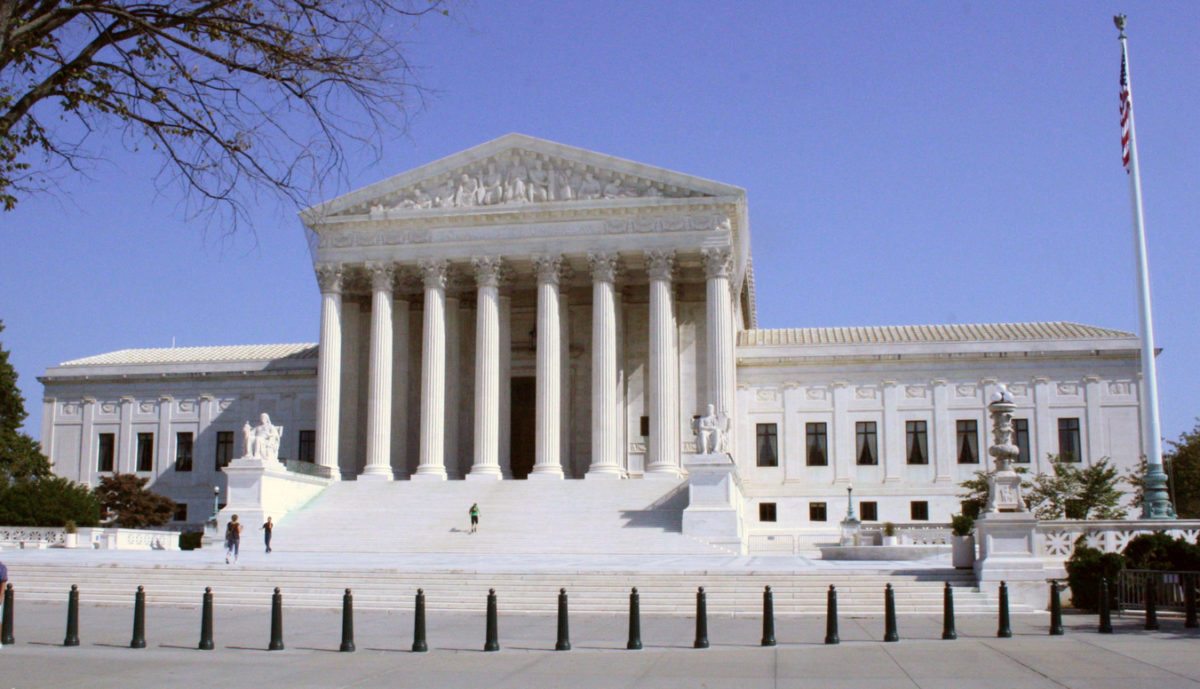Natalia Castro: “Going Nuclear” On Supreme Court Pick
GOP SENATE LEADERS MUST BE PREPARED … || By NATALIA CASTRO || One issue that helped shape the You must Subscribe or log in to read the rest of this content.
GOP SENATE LEADERS MUST BE PREPARED …
|| By NATALIA CASTRO || One issue that helped shape the
